This herbaceous plant is renowned for its fortifying properties. It is also an excellent digestive stimulant, antispasmodic, anti-inflammatory, diuretic, antifungal and a powerful antibacterial. Scientific name : Artemisia vulgaris Common names Common mugwort, common mugwort, lemon mugwort, artemisia, royal herb, herb of a hundred flavours, fire herb, St John's wort. English names : artemisia, mugwort Botanical classification Asteraceae family (Asteraceae)
Forms and preparations Infusions, moxas, capsules, essential oils, poultices, powders, plasters and atmospheric diffusions. Mugwort relieves digestive disorders: colic, chronic diarrhoea, visceral pain, feelings of distension, flatulence. Stimulates secretion of gastric juice, promoting appetite. Powerful vermifuge: eliminates intestinal worms Used in friction, relieves stomach aches, chest pains and muscle contractions felt in the lower limbs after intense physical effort. Treatment of phlebitis and varicose veins Stimulates blood circulation (fighting against heavy legs). In traditional Chinese medicine, dried mugwort sticks are used in moxibustion to treat various ailments. Calm the epileptic seizures. This plant is usually recommended for soothing painful periods. Its emmenagogue properties can be used to treat menstrual disorders in women, such as menorrhagia. dysmenorrhoea and amenorrhoea, by increasing uterine contractions.
Important : Numerous studies have been published on the effectiveness of artemisinin extracted from another mugwort, the annual mugwort, Artemisia annua, against malaria. Artemisinin derivatives are used by pharmaceutical companies to manufacture anti-malarial drugs such as artesunate. The annual mugwort is also present in the pharmacopoeia of the Traditional Chinese Medicine for hundreds of years: it was already indicated in the treatment of malaria-related fevers in some very old compendia.
Read more in our newsletter
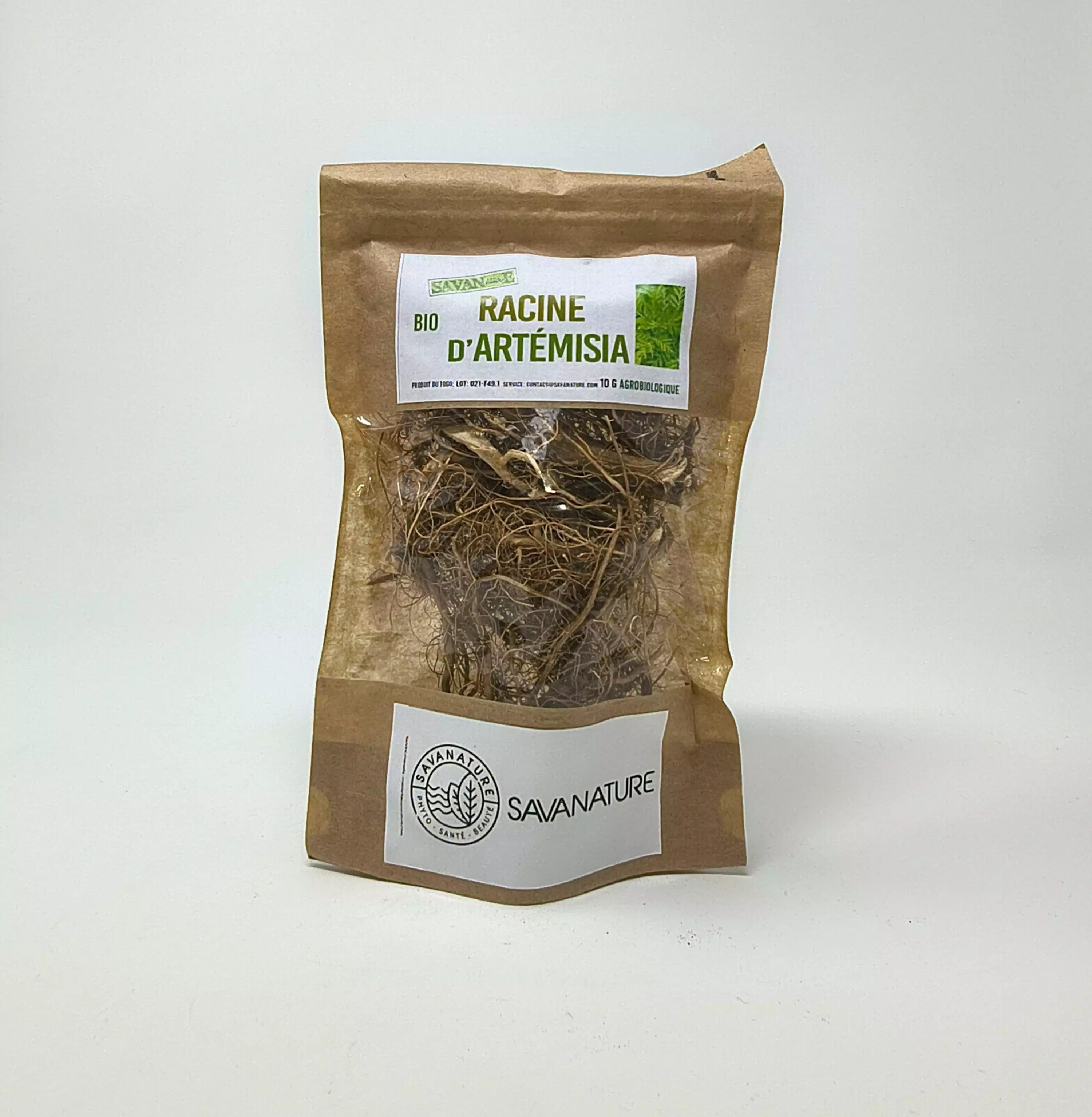
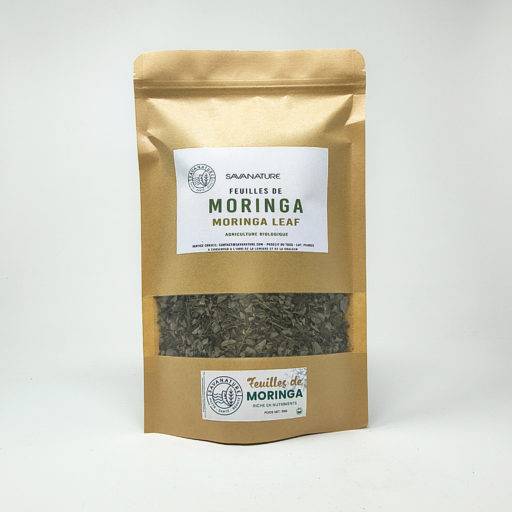
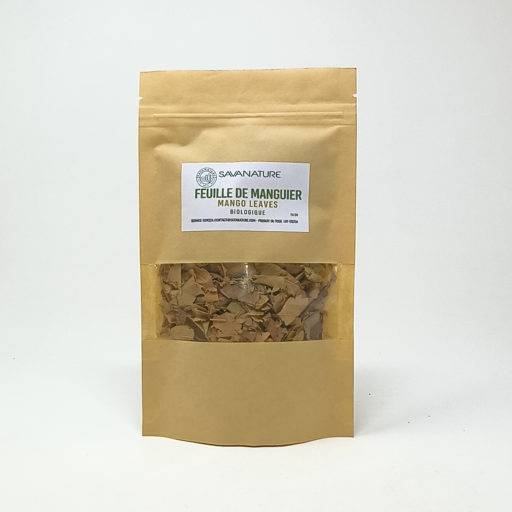
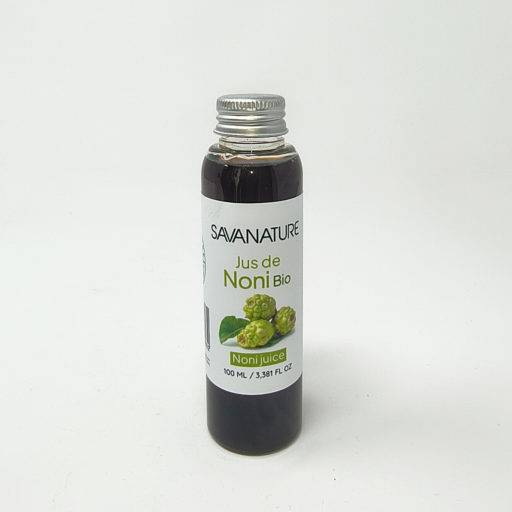

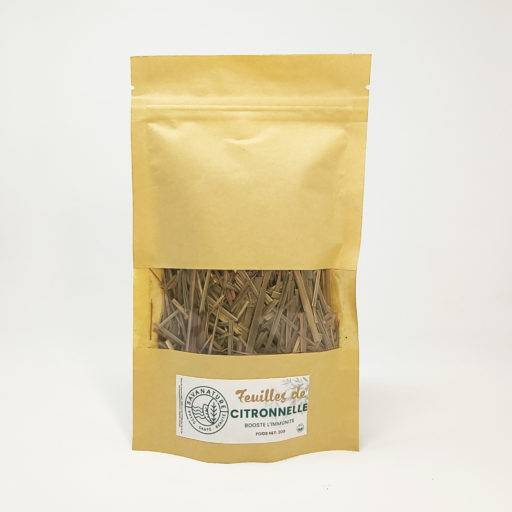
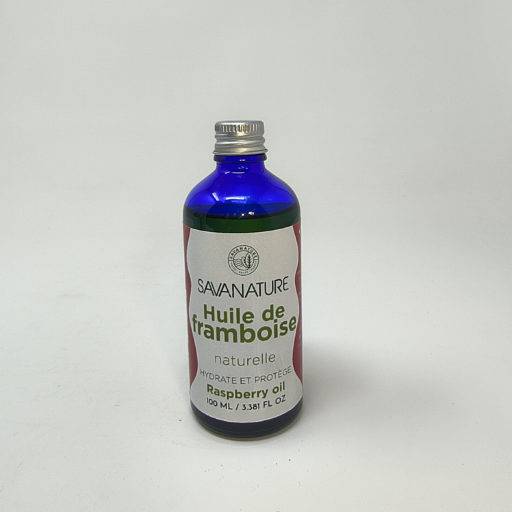
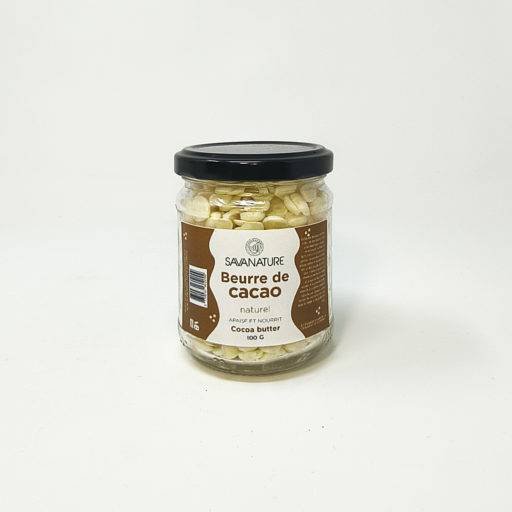
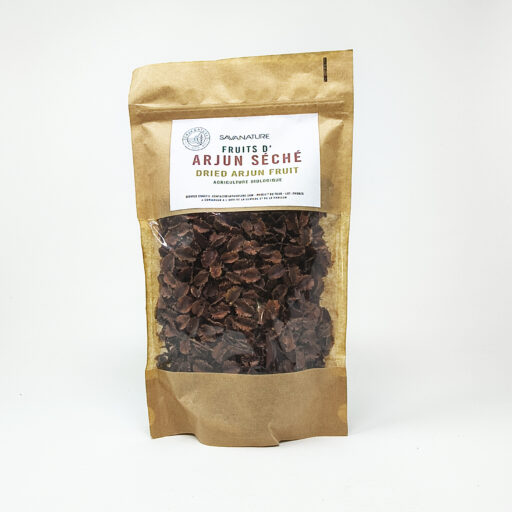
Reviews
There are no reviews yet.